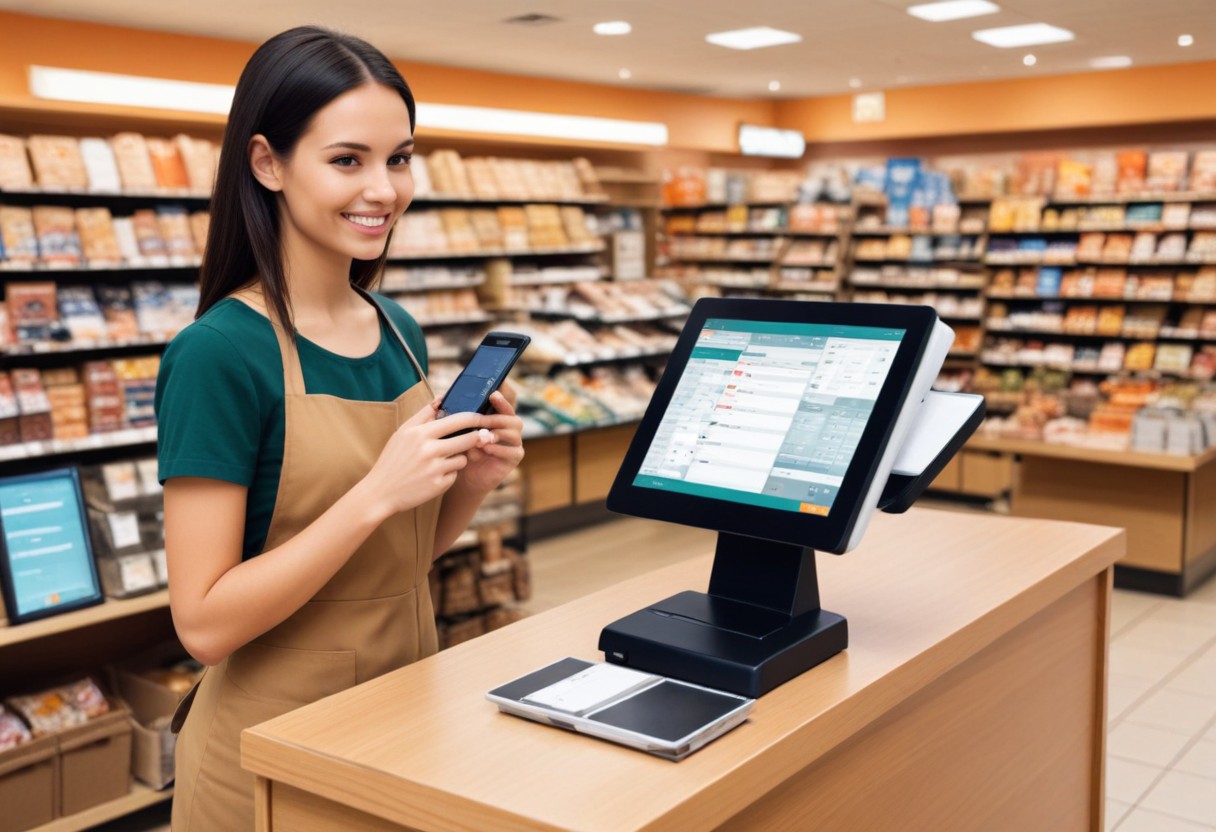For many years, the term Point of Sale POS referred to a cash register tucked behind the counter. In today’s rapidly changing business environment, it has become something much more powerful. Intelligent, flexible and mission-critical platform that can support not just transactions, but the whole customer experience.
The way consumers consume food, shop, and engage with companies has completely changed. No matter what sector they’re in, customers are looking for speed, flexibility, and personalization. Modern POS systems are built to do much more than make sales. They also connect every aspect of a business into one seamless system.

POS Systems as Business Intelligence Hubs
The term point of sales has evolved. No longer is it merely about completing a purchase it’s about gathering data, optimizing operations, and enhancing customer relationships. Point-of-sale POS system that we have today is more than accept payments. It helps track the inventory of employees and track their productivity. It produces actionable reports on sales as well as identifying buying patterns for different seasons or customer segments.
Think about a small shop which is operating a retail point-of-sale (POS) system. Instead of manually counting stocks or guessing what styles are trending and which styles are trendy, the POS system will automatically track top-selling products, sends out low-stock alerts and even suggests reorders based recent trends. Cloud-based connectivity lets the same owner to keep track of their store’s daily performance when they are away on vacation.
Industry-Specific Flexibility
One of the defining traits of the modern POS systems is their ability to adapt across vertical markets. At one end you can find restaurants that require real-time orders routing to kitchens as well as tip tracking and payments at tables. However, beauty salons are dependent upon appointment scheduling, customer history as well as package management. They have different requirements and the top point of sale POS systems are specifically designed for.
These businesses are united by the need for smart automation and ease of use. A bar might prioritize quick tap-to pay terminals, for instance, while hardware stores focus on scanning barcodes and inventory synchronization across departments. The most effective POS systems adapt to all without causing friction.
Payment Security Integration
Security is a must, not an alternative. Every business that accepts credit cards or digital payment methods must secure the information. Payment integrations are currently integrated in trustworthy points of sale POS Systems that offer secure encryption process from end to end by reliable names such as Chase Moneris and First Data.
Integration extends beyond safety. Speed is another important factor. It’s also about speed. Businesses can eliminate headaches at the end of the day using the use of a system that blends transactions processing and sales tracking.
Expanding with Your Business not against it
Smaller businesses, particularly, tend to overlook the importance of scalability. Many begin with the simplest setups but discover months after that their POS isn’t able to support multiple locations as well as loyalty programs and online order. Modern solutions are built for enterprises of all sizes whether they’re sole proprietors or growing franchises.
Retailers in particular benefit from the retail POS system that syncs in-store purchases to e-commerce platforms. This seamless integration guarantees that inventory is always accurate. Customers get a single experience, while business owners do not need to manage multiple systems.
The Smarter Sale Starts at the Point of Sale
Point of sale POS isn’t simply a tool to facilitate transactions. The point of sale POS is now an integral component of the way businesses work in order to grow, learn, and adapt. Companies who invest in a customized, intelligent, and secure point of sale system are not only improving their checkout process as well as laying the digital foundations to be successful in the future.
In the age of increasing expectations from customers businesses shouldn’t think of the POS as a last resort. In many ways, the real core of any modern enterprise is in the place in the place where sales happen.